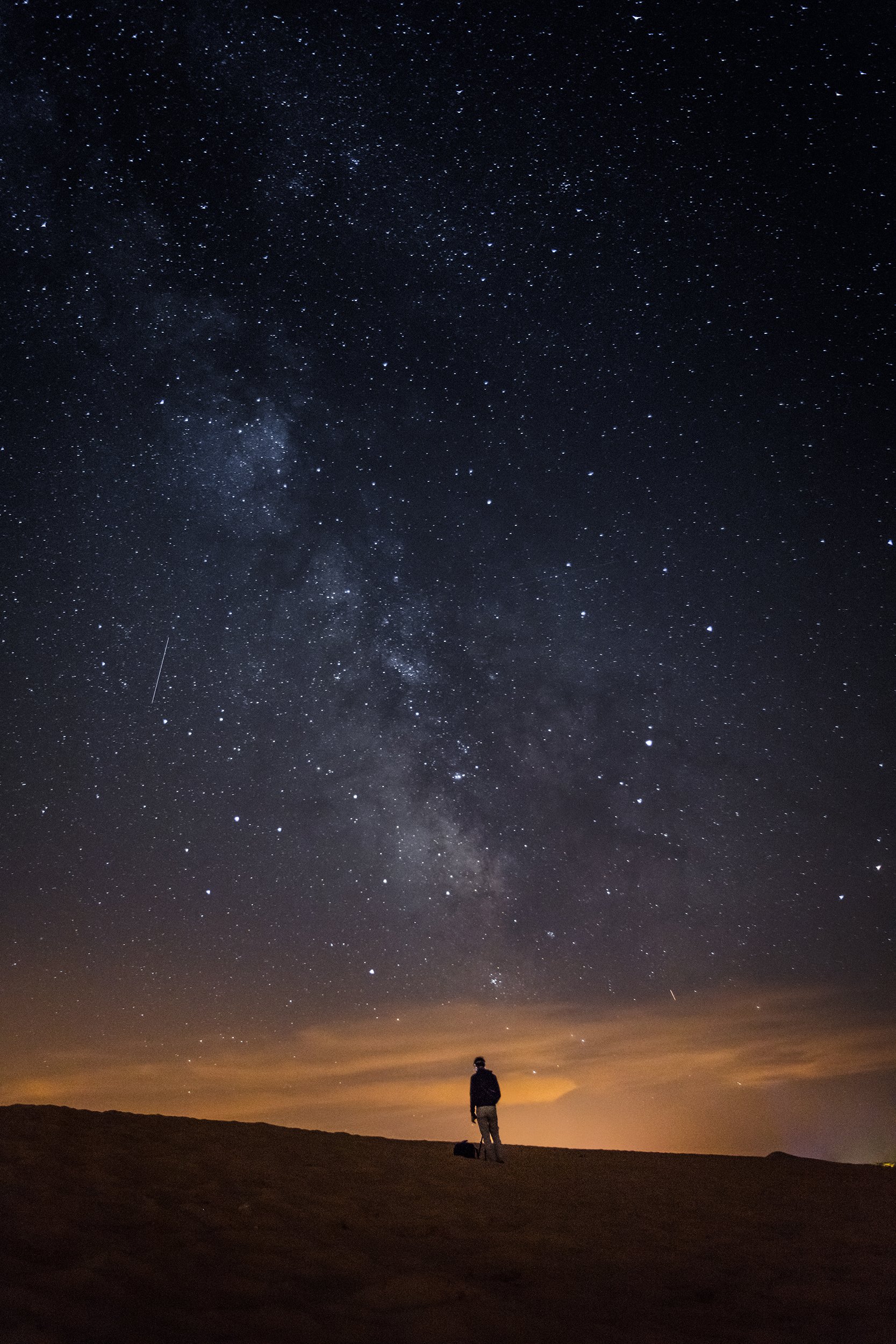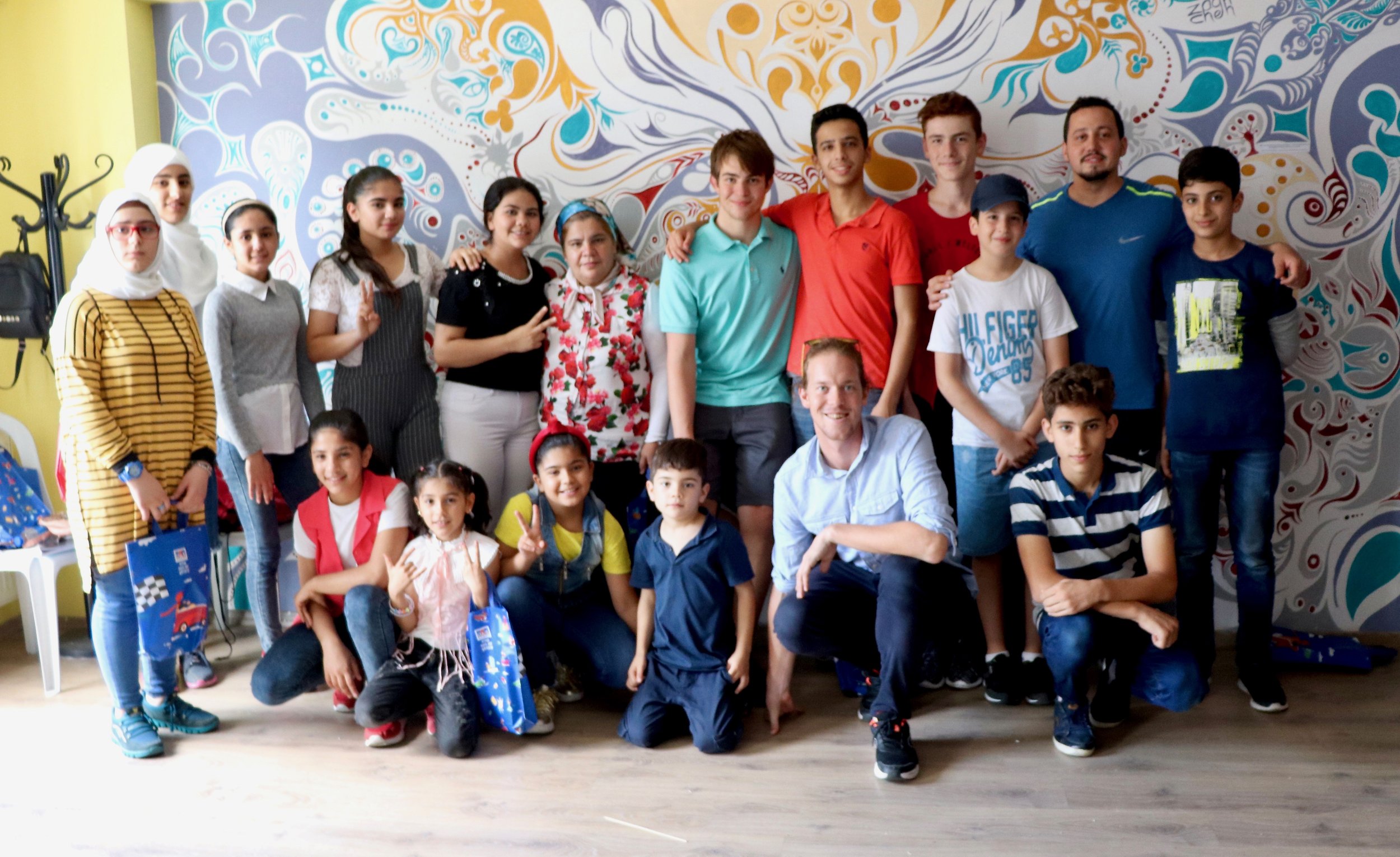
After many years of enjoying globe-trotting life and work, I wanted to share my good fortune with others and apply my skills and experience in a new way. With Alevtina Nepomniachtchikh, we created Phoenix Space: a non-profit dedicated to bringing high-quality STEM education to refugees, displaced people and disadvantaged youth in conflict areas in the Middle East, Ukraine and beyond. Since our pilot course in Istanbul in 2019, we have grown a team to dozens of full-time and part-time members, taught hundreds of students in person, online or through partnerships with other organisations and charities. We leverage the inspirational nature of astronomy and space science to teach fundamental, essential and transferable skills and knowledge in mathematics, data analysis, science and programming. Some of our students have received their first dedicated science lessons in years, and some of our graduates have been accepted to top universities.
Recently, I have been accepting students of mine as volunteers to help develop educational material and document our work, something which my students have found rewarding and personally enriching, as well as giving them an insight into working in the non-profit sector.
At Phoenix Space I am currently the head of education, helping to improve or create our course material, train new teachers, or develop partnerships to generate revenue or spread our educational material to those who need it most. I’d like to the take the opportunity to thank the tremendous number of volunteers, friends and others who have helped to make this idea a reality.
We organise talks for the general public with top scientists and thinkers
And create scientific lectures with live translated question and answer sessions with experts from around the world
This is me with our very first group of students in a pilot camp in the summer of 2019. How far we’ve come since then, and how much further I still dream of taking Phoenix Space.
We’ve sent student scientific experiments up halfway to space, and over the following years we want to develop the ability, resources and funds to send increasingly complex experiments higher and higher.


